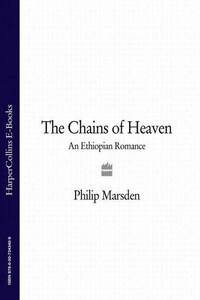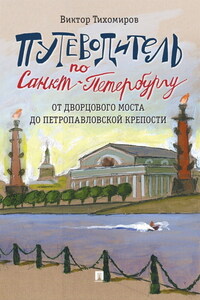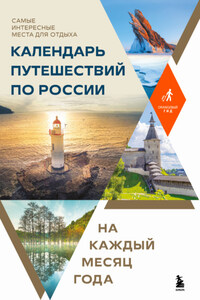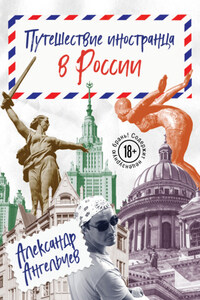Aksumawi was the son of Ethiopis and the great-grandson of Noah. He established the kingdom of Aksum which is itself the ancestor of modern Ethiopia. Unfortunately a snake took power in Aksum and ruled for four hundred years. The snake was 170 cubits in length, had teeth a whole cubit long, and the people of Aksum had constantly to supply it with milk and virgins. One day a stranger came and slaughtered the snake. The stranger was called Angabo and he in turn became ruler of Aksum.
Angabo married the Queen of Sheba, and after he died she left the city of Aksum with 797 camels to visit Solomon in Jerusalem. There, with Solomonic guile, he seduced her. Back in Aksum she gave birth to a boy named Menelik, and when he came of age he journeyed to Jerusalem to see his father. When he left Jerusalem he had the Ark of the Covenant. With the Ark the blessing of the Lord was transferred from Jerusalem to Aksum, from the people of Israel to the people of Ethiopia. Menelik was the first of Ethiopia’s line of Solomonic rulers.
The land around Aksum was very fertile and it came to be known among the world’s peoples as a place of wondrous plenty. Every rock on its open plains was a loaf of bread. Once for eight days showers of gold and pearls and silver fell on its hills and filled the rivers with riches. Palaces and temples swelled the bounds of the city. The graves of its kings were marked by standing stones and with each passing king the stones grew higher until they scraped the underside of the sky.
In 1974, Ethiopia was still ruled by the 225th member of the Solomonic line. Emperor Haile Selassie was then an old man. On the morning of 12 September, Ethiopian New Year, some junior officers of the Derg came to his palace, read out a deposition order and took him away in the back of a Volkswagen.
Derg means ‘committee’ in Amharic. It was established as a small concession to the armed forces and ended up taking over the whole country. With the emperor gone, the Derg ruled from his palace. In the cellar below the throne room, they imprisoned about 150 men. They were members of the emperor’s family, his generals, his government ministers and senior clerics. They were kept there for eight years. When the Derg met in the throne room, the prisoners below could look up from their dungeon and through gaps in the floorboards see the feet of the new rulers pacing back and forth.
When I was twenty-one, I went to Ethiopia for the first time. I had never been outside Europe, had never in fact been any further south or east than the top of Italy. Ethiopia amazed me. It shocked me, revolted me, awed and terrified me. It reawakened in me the childlike sense that the world was a vast, diverse and wonderful place—a sense that has remained ever since.
It was the early 1980s, and it was the rainy season. Billows of cloud half-covered the Entoto hills. From the airport the road entered Revolution Square beneath a triumphal arch which read, in English and Amharic: LONG LIVE PROLETAR-IAN INTERNATIONALISM! Marx, Lenin and Engels gazed out from a giant hoarding beside it, and I crossed beneath them. In a small Soviet-style block beyond the square, I reached the rain-streaked, plate-glass front of Wonderland Tours.
The door squeaked open on a darkened office. Sun-faded tourist posters were taped to the wall. A man in a goatskin chair stirred from his sleep, leapt up, gripped my hand in both of his, and grinned—as if the sight of a stranger in Wonderland Tours was itself a great joke.
Teklu was a Tigrayan. I had never come across anyone quite like him. He was no older than me but had the advantage of not having just spent his adolescence in a petulant daze. From the age of fourteen he had fought for the Tigrayan rebels. He had lived in caves, conducted night assaults, sprung ambushes. He had been captured, tortured and escaped. He then walked to Addis where another Tigrayan, Dr Mengesha, gave him a job and anonymity. Dr Mengesha owned Wonderland Tours. He was also an enthusiast, a lovely, grinning man in a dark suit who came jogging down the stairs from his office to greet me. ‘Congratulations,’ he said. ‘Congratulations for coming to Ethiopia!’ He sent me off with Teklu to find a hotel.
That afternoon in a flophouse near Giorgis cathedral Teklu and I lay on the twin beds and, while rain fell like gravel on the corrugated iron roof, I let him conjure up another country. He spoke of rock-cut churches among fairytale peaks, monasteries accessible only by rope or chain, treasures hidden in caves of gold and holy men who would vanish even as you talked to them. He spoke of his native Tigray and his own local town of Aksum where miracles happened every day and a caste of mute monks guarded the true Ark of the Covenant.









